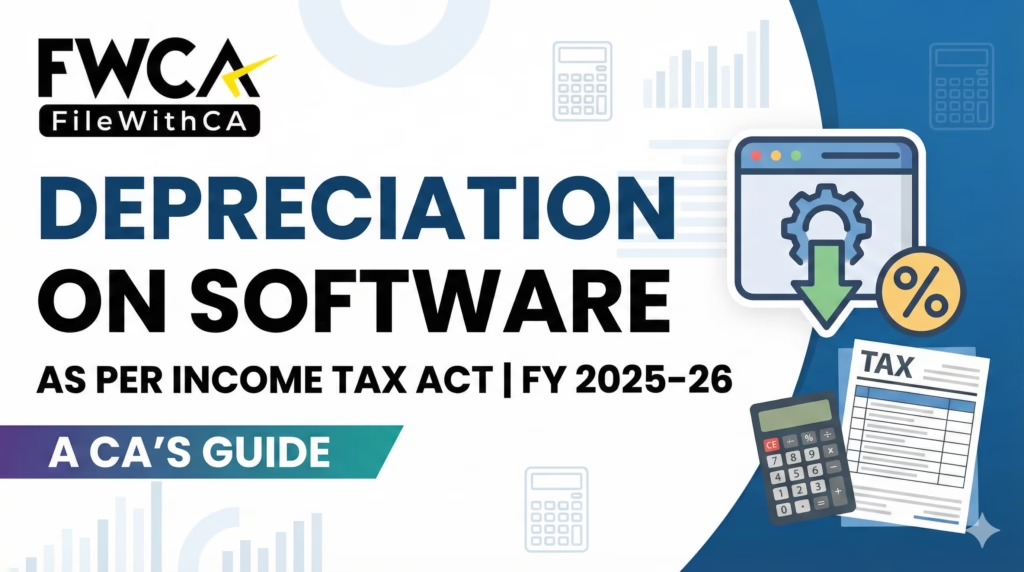Different Types of Trademark Searches and Their Importance | 2024

When it comes to protecting intellectual property, conducting a trademark search is a crucial preliminary step. This search not only helps ensure that your proposed mark does not infringe on existing trademarks but also increases the likelihood of approval during the registration process. Let’s know more about the types of trademark searches and their importance, and then explore a specific instance known as Trademark IP Salem Public.
Types of Trademark Searches
Contents
- Knock-Out Search
- Purpose: This is a quick preliminary search to eliminate any obvious conflicts with existing trademarks that are identical or highly similar to the proposed mark.
- Process: It typically involves a search through the trademark office’s online database and other public records.
- Importance: Helps in quickly determining whether a more detailed search is worthwhile, saving time and resources in the early stages.
- Purpose: This is a quick preliminary search to eliminate any obvious conflicts with existing trademarks that are identical or highly similar to the proposed mark.
- Full Search
- Purpose: A more detailed and extensive search that covers registered trademarks, pending applications, and unregistered marks.
- Process: This search often requires access to multiple databases, including state and federal registers, business directories, web domain registries, and even international trademark databases.
- Importance: Provides a comprehensive overview of potential legal obstacles and assesses the risk of infringement across various jurisdictions and domains.
- Purpose: A more detailed and extensive search that covers registered trademarks, pending applications, and unregistered marks.
- Common-Law Search
- Purpose: To identify unregistered trademarks that are not in the official trademark databases but are in use and could potentially pose conflicts.
- Process: Involves searching through local business directories, internet databases, product listings, news articles, and other media to find uses that are not officially registered.
- Importance: Essential for full due diligence, as common-law rights to a trademark can be established simply through genuine use in commerce, even without registration.
- Purpose: To identify unregistered trademarks that are not in the official trademark databases but are in use and could potentially pose conflicts.
- International Trademark Search
- Purpose: For businesses planning to expand globally, this search identifies potential trademark conflicts in other countries.
- Process: Involves searching through international databases such as the World Intellectual Property Organization (WIPO), as well as specific national databases depending on the target markets.
- Importance: Prevents future legal conflicts and helps in strategizing a global brand rollout, ensuring that the trademark is protectable in all intended markets.
- Purpose: For businesses planning to expand globally, this search identifies potential trademark conflicts in other countries.
- State Trademark Search
- Purpose: Since some trademarks are registered at the state level and not the federal level, this search is crucial for comprehensive coverage.
- Process: Searches through state-level databases where the trademark might be registered or in use.
- Importance: Important for businesses operating in specific states or those with plans to expand nationwide, starting from a particular state.
- Purpose: Since some trademarks are registered at the state level and not the federal level, this search is crucial for comprehensive coverage.
The Importance of Trademark Searches
Conducting these searches is vital for several reasons:
- Legal Protection: Identifies potential legal issues early on, preventing costly disputes after brand development or trademark registration.
- Brand Identity: Ensures the uniqueness of the brand, which is crucial for building a distinctive identity in the marketplace.
- Investment Security: Protects the investment in marketing and brand development from being undermined by trademark infringement claims.
Trademark IP Salem Public
Assuming “Trademark IP Salem Public” refers to a public database or a specific case involving the public disclosure or registration of trademarks in Salem, the context isn’t fully clear without additional specifics. However, if this pertains to accessing public trademark records in Salem (perhaps Salem, Oregon, or another Salem), the process would generally involve:
- Accessing Local Databases: Utilizing city or state databases to check for local business registrations and trademarks.
- Public Records: Engaging with city hall or the local secretary of state’s office to view public records that might not be digitized.
- Legal Precedence: Understanding any local legal precedents that could affect trademark rights, especially those not registered at the federal level but which might have common-law rights established through use.
This type of search would be important for anyone looking to establish a new trademark in Salem or to ensure no infringement on existing local trademarks, particularly in a business environment that might have a lot of local, unregistered brand activity.
Conclusion
Trademark searches are a foundational aspect of intellectual property protection. They provide the strategic insight necessary to navigate potential legal challenges and to fortify the brand’s identity and uniqueness in the marketplace. Whether you’re a small startup or a multinational corporation, understanding and utilizing the appropriate types of trademark searches can save significant time and expense in building and protecting your brand.







Leave a Reply